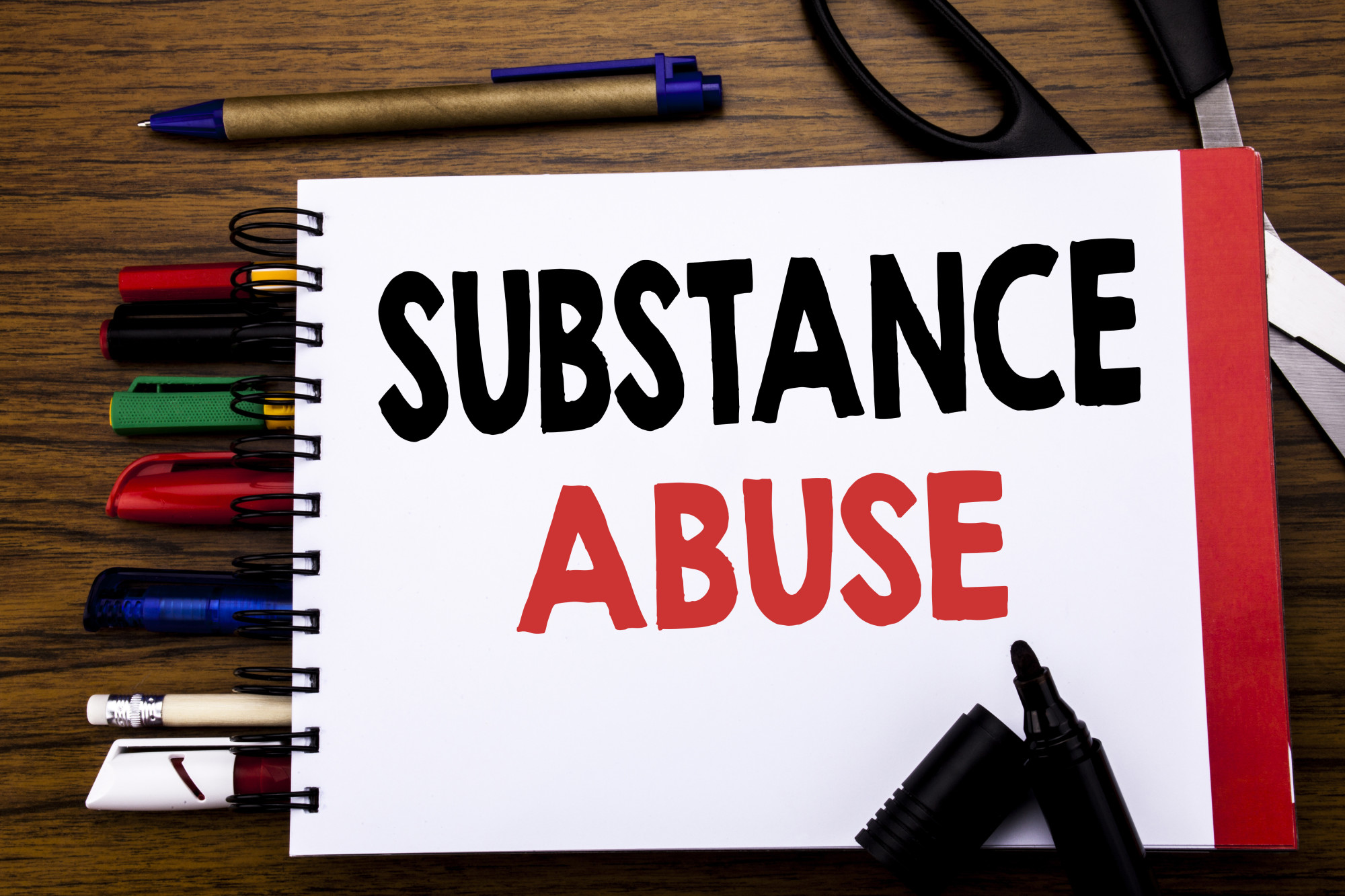Mindfulness Tips to Help Prepare You for Substance Abuse Treatment

Congratulations. You’ve decided to seek treatment for your substance use disorder and that’s wonderful. Breaking free from your addiction will change your life for the better in hundreds of ways, and it very well may be the decision that keeps you alive to see many years to come.
Treatment and recovery can be very challenging even for the strongest individuals. However, there are many things you can do to make it easier for you as you move forward. One big thing that can help you through the process is a focus on mindfulness.
We’ve compiled this list of mindfulness tips to help you on your recovery journey. Apply these strategies to cultivate peace and focus during your transition to a happier and healthier life.
What Is Mindfulness?
Mindfulness is quite the buzzword these days and you have surely heard it often. But what does it mean?
The concept of mindfulness is really quite simple. Mindfulness is the art of being present. When you practice mindfulness, you simply pay attention to how you feel and what you sense in the moment as it is happening without interpretation or judgment of any kind.
When you work on your recovery from addiction, you will experience many intense emotions and physical feelings. Practicing mindfulness will give you the opportunity to truly feel and experience these emotions as they arise and then you can move forward from there.
Mindfulness Tips for People in Recovery
Although the concept of mindfulness is simple, many people find that the actual practice of it can be difficult. These mindfulness tips will help you to get started in this realm, but learning to be mindful is an ongoing and never-ending process.
If you need help, the counselors at Diversion Center can meet with you at any of these locations to guide you in adding a mindfulness practice into your life.
1. Focus on Your Breath
You are always breathing and your breath is always with you. Therefore, focusing on your breath is a great way to be mindful. You can do it anywhere and at any time.
As you breathe in and out, listen to your breath. Feel it enter and exit your lungs. Note how your breath feels on your face and throughout your body.
Any time you are having difficulty with anger, patience, or even cravings for drugs or alcohol, return to the breath. It will help.
2. Notice Your Senses
When you feel overwhelmed, stop for a moment, and take some time to think about your senses. What do you see, hear, and smell? How does your body feel? What does your mouth taste like?
You can do this review every few minutes and you’ll find that your answers change quickly. Noticing these subtle differences is mindfulness.
3. Accept Distractions
When you are practicing mindfulness, you will begin to notice more than ever that your mind wants to wander. This is fine and is completely natural. A wandering mind is common even for people who have been practicing mindfulness for years.
Don’t get angry at yourself when distractions come. Accept them as they are, notice and acknowledge the thought, and then let it go. Then, return to your breathing and your senses again.
You will do this many times while practicing mindfulness. The fact that you notice your busy and active mind will show you that you are doing it right.
Mindfulness is Happiness
No one becomes mindful immediately and overnight. This is an ongoing practice that you will need to work on for the rest of your life. However, you will soon see how helpful it can be.
Apply these mindfulness tips and keep at it. Doing so will be a big help to you on your treatment and recovery journey.
Are you looking for more information about battling your addiction? If so, be sure to check out the rest of the blogs on our website.
